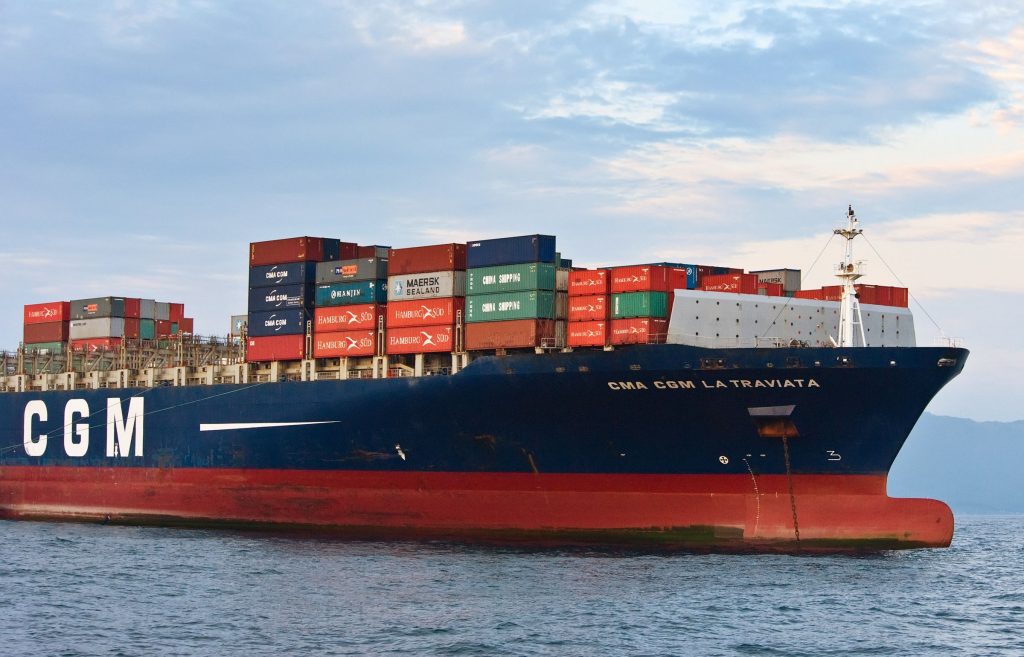New Delhi: New Zealand Thursday said it will look forward to a bilateral trade agreement with India in case New Delhi does not join the China-backed mega trade deal RCEP.
The Narendra Modi-led government in November decided not to join Regional Comprehensive Economic Partnership (RCEP) deal as negotiations failed to satisfactorily address New Delhi’s ‘outstanding issues and concerns’.
However, the possibility of India joining the trade pact is open provided its concerns are addressed by the member nations.
“I met with your minister of commerce (Piyush Goyal) yesterday and we discussed those issues. Of course, New Zealand and India have been busy for some years negotiating through the rubric of RCEP and we will know by the end of the year as to whether India chooses to stay out or participate in RCEP.
“But if they don’t participate in RCEP then we will obviously want to pursue a trading relationship through a different means,” New Zealand’s Minister for Trade and Export Growth David Parker said at a Ficci conference.
Responding to issues concerning the opening of domestic dairy sector, he said New Zealand appreciates the concerns of the Indian dairy industry but expressed hope that some solutions could be arrived at through negotiations.
“We know it is an issue of sensitivity to the Indian government on behalf of the people. We know that there is a real issue for India. The only way that a deal is eventually done is if it is mutually beneficial. How might that be done in respect of dairy. Well it would be good if it were a fact based argument”.
India’s dairy industry — the largest in the world — had expressed apprehension that the RCEP trade pact would severely impact dairy farmers because of cheaper imports from Australia and New Zealand.
Observing that New Zealand was disappointed after India did not join the conclusion of the RCEP negotiations, Parker said the disappointment was not only for lost bilateral opportunities but also because the nation believes there is a strategic benefit for India of being on the table when the regional trade rules are made.
“We obviously seek a trade agreement that provides the framework for economic engagement that would facilitate more trade and investments,” New Zealand’s Minister for Trade and Export Growth said.
The RCEP negotiations were launched by leaders from 10 ASEAN member states and six other countries — India, China, Japan, South Korea, Australia and New Zealand during the 21st ASEAN Summit in Phnom Penh in November 2012.
(PTI)
